
School In India Charges Students In Plastic Instead Of Money For Education, And The Entire Town Has Been Transformed
It has been reported that our planet is currently facing the highest amount of greenhouse gas in the atmosphere than it has ever experienced throughout the entire existence of homosapiens. It seems that once we started to realize we are literally witnessing a catastrophe in front of our eyes, we started to look for positive initiatives that can change the tragic current state that we are living in. But instead of concentrating on the negative, let’s take a look at something that is striving to do the best for people and the planet, shall we?
More info: Akshar foundation
Akshar is a rather untraditional school in India where students carry bags of plastic every day on their way to school.
In an interview with Bored Panda, the co-founder of the school, Mazin Mukhtar, told us that he came up with the idea with his wife after they met in New York back in 2013. “We were both already dreaming of starting a new kind of school specifically designed for children in poverty. We formed Akshar that same year we met and we started our school, Akshar Forum, in 2016.
When we started the recycling center, parents were not cooperative at first. So we came up with the “Plastic School Fees” idea to compel the parents to recycle. The school was free for years before we started that policy. In reality, it’s more like mandatory homework than school fees but calling it plastic school fees serves to remind the parents: the school is entirely free but the least you can do is help us and help yourselves by sending your clean, dry plastic waste from home.”
“We wanted to start a free school for all but stumbled upon this idea after we realized a larger social and ecological problem brewing in this area. I still remember how our classrooms would be filled with toxic fumes every time someone in the nearby areas would burn plastics. Here, it was the norm to burn waste plastic to keep warm. We wanted to change that and so started to encourage our students to bring their plastic waste as school fees,” said one of the school founders, Parmita Sarma.
Most of the children worked as laborers in the nearby stone quarries before this school was established
In the stone quarries, they would make around $2.50 a day
Since school can’t pay children, they found an alternative. Akshar has offered older students to teach younger ones and this way, earn toy currency notes that lets students buy snacks, paper, and clothes.
Students can also ask their teachers to buy something online. Teachers just change their earned notes to real money and order anything the student wants from Amazon.
School also teaches their students and parents about the harmful effects of plastic. According to Parmita, many parents used to burn plastic in order to warm their homes. Once the school started educating the community, they were shocked to learn about the hazards they were exposing their children to.
When asked about their teaching methods, Mazin told us:
“We use child labor to fight child labor – kids in poverty need to earn money to stay in school, learning and earning. We employ children as tutors and social workers. This ensures that younger children receive daily tuition from an older, caring student.
Our students learn more to earn more – we pay them based on their skills and knowledge, and fine them for bad behaviour. As students move from one grade level to the next, their wages increase. Also, wages increase with teaching skill. Students are strongly incentivised to behave like model students.”
“Place every student directly into a career – kids stay in school until the school finds a career for them — via college or apprenticeship in a high skill trade. Teens develop vocational skills, in addition to teaching, during the critical 12-18 age group. Students learn English, Math, and Science, but in secondary school, the curriculum incorporates Carpentry, Embroidery, Recycling, Photography and soon, a more developed Solar Technician course. We are developing a “School-to-Career Pipeline”.”
“Charge them plastic school fees – teach them to be responsible for their surroundings. If every school does this, it can impact the plastic crisis. Students learn to address the problems afflicting their communities, and they develop machines and inventions as part of their coursework to address the problems.”
School started with only 20 children and now has grown to 110
Every student brings around 25 pieces of plastic waste per week as their contribution to the community. “Initially, most of our teenage boys were dropouts and child laborers. Now, they earn money in school by teaching during school hours and operating our Recycling Center after school.”
The at-risk teens are employed to compress dozens of plastic packets into plastic bottles to form “Eco-bricks”. These bricks are used for construction with cement. The small tree planter below uses roughly 200 plastic bottles and 4,000 plastic packets (about half non-recyclable). Next, we plan on building a dedicated girl’s toilet using a combination of normal bricks and Eco-bricks,” says Mazin Mukhtar.
Mazin and Parmita, the couple that created this school, aspire to create 100 schools like this across India in the future.
29Kviews
Share on FacebookIt's nice to see a few good people putting in that extra effort required in order to make our planet a better, safer, nicer place to be! HOORAY
The smartest program I’ve ever heard of. We should do the same thing here in the USA.
Yeah, it wastes more fuel to ship your plastic waste to Malaysia. Best to deal with your own rubbish in your own backyard.
Load More Replies...It's nice to see a few good people putting in that extra effort required in order to make our planet a better, safer, nicer place to be! HOORAY
The smartest program I’ve ever heard of. We should do the same thing here in the USA.
Yeah, it wastes more fuel to ship your plastic waste to Malaysia. Best to deal with your own rubbish in your own backyard.
Load More Replies...
 Dark Mode
Dark Mode 

 No fees, cancel anytime
No fees, cancel anytime 






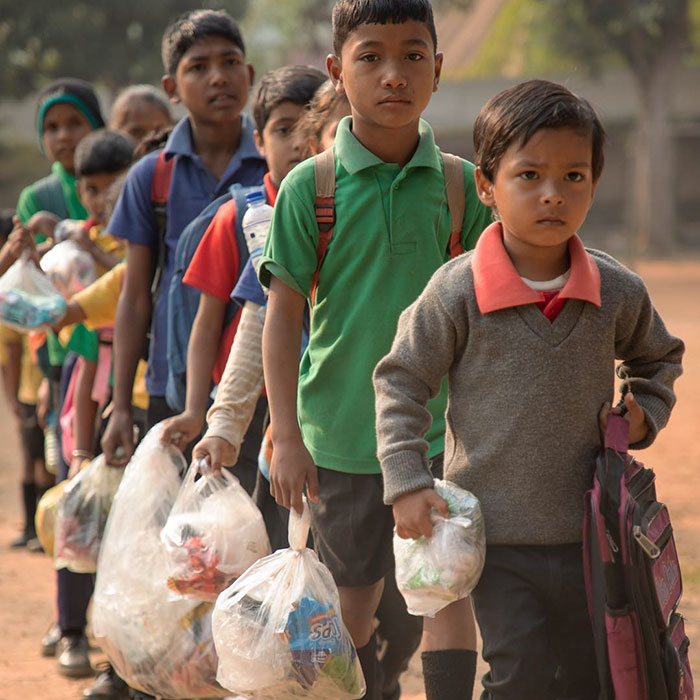
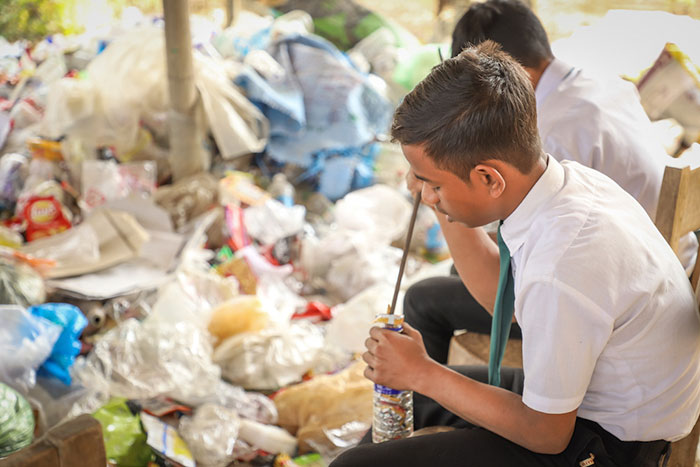
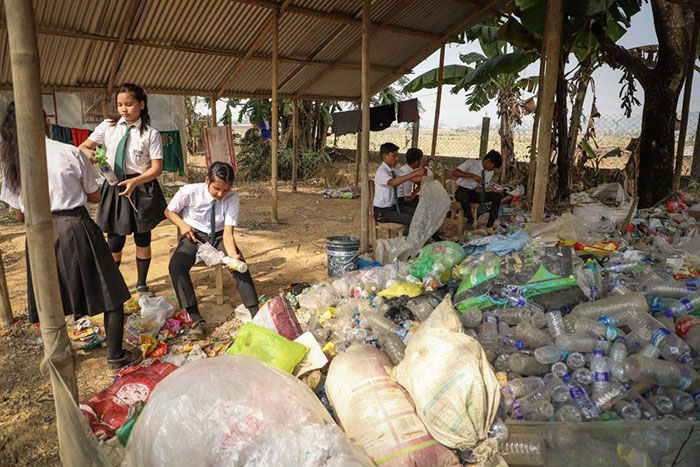
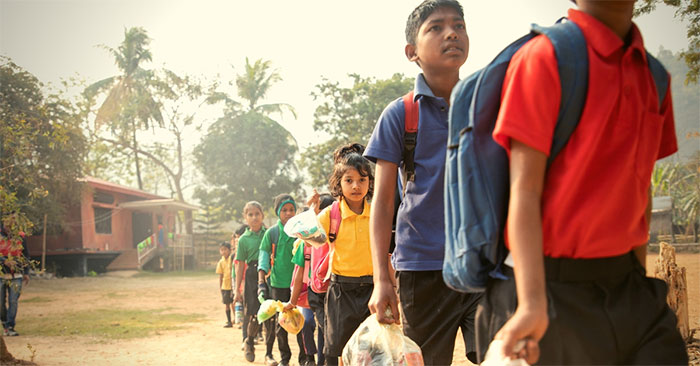
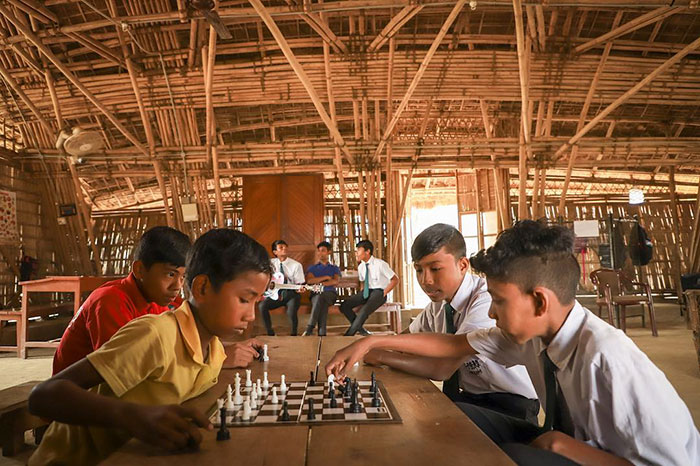
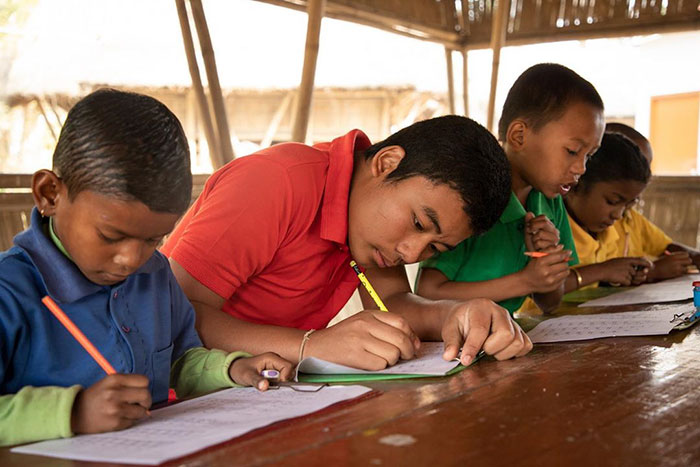
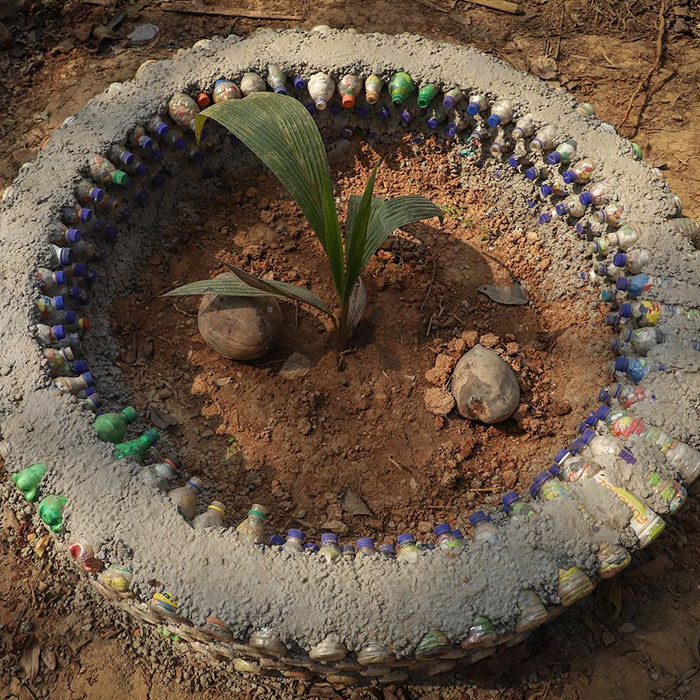
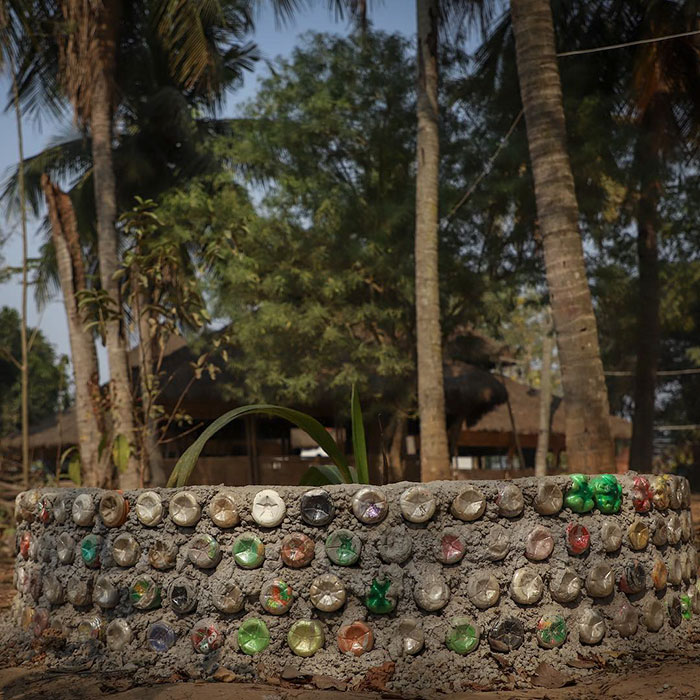
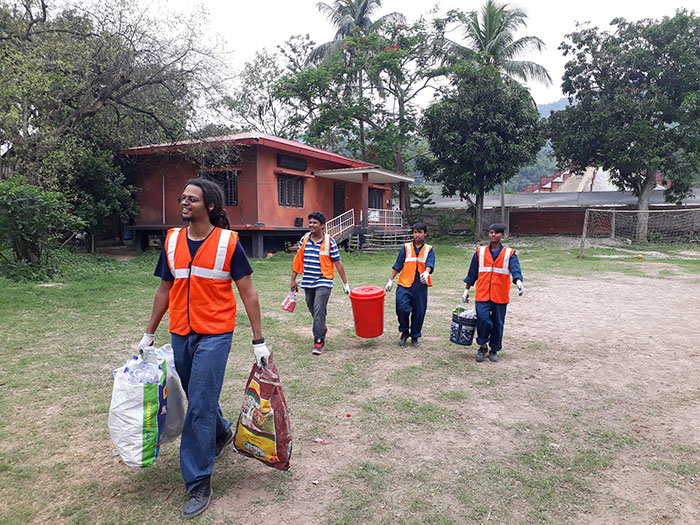
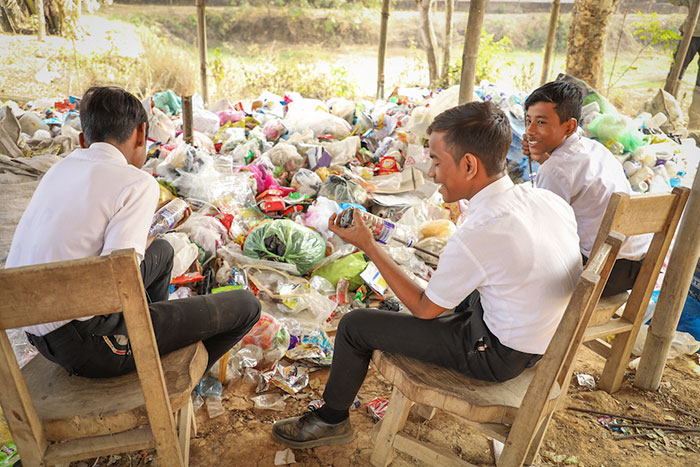
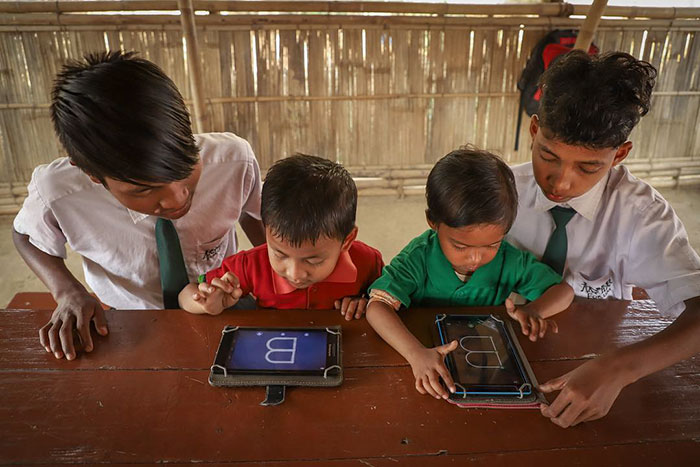
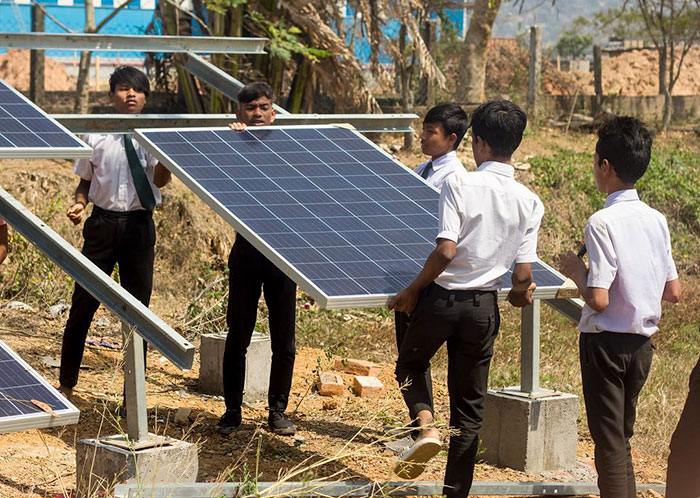
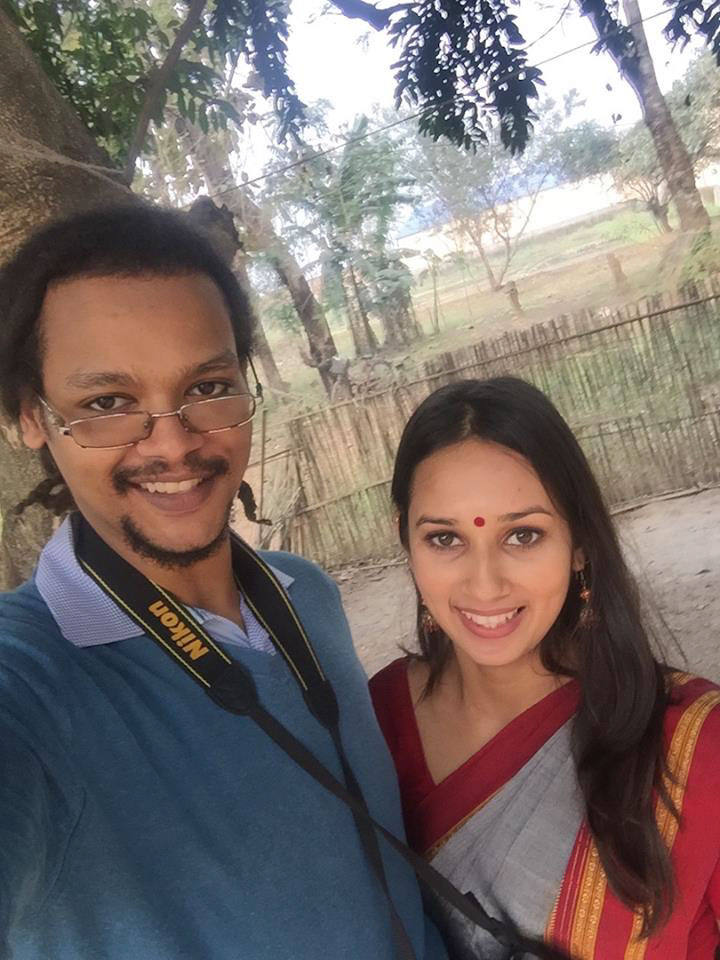











































415
25